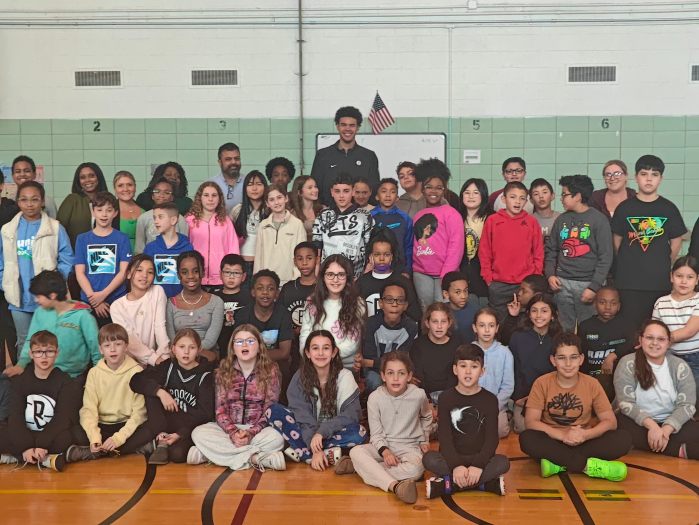Three years ago, my older daughter desperately wanted a Facebook account, and I resisted. She ended up with one, after some unfortunate events involving lies, yelling and tears.
Now my younger daughter has turned 13 and feels it’s her turn to join the social network. I caved right away; I concluded, alas, that there really are things I don’t understand in my children’s lives, this is one of them, and I’m just plain lost when facing these situations.
This is how I think my parents felt, only more so, raising children in a world unfamiliar to them. They grew up during the Great Depression, were teenagers in the 1940s. When I came along at the beginning of the ’60s, their world was still changing constantly, in large, unimaginable ways. They had seen events and items arrive: World War II, the atomic bomb, televisions in every home, civil rights, plastic and polyester. They accepted that my youth was incomparable to theirs, throwing their hands up in surrender, giving me great reign over my teenage life.
I never expected to feel that way about my children’s lives. Has the world changed so much in 30 years? No and yes. There is still tension on the Korean Peninsula, television is the same — there’s just so much more of it, the Cubs still haven’t won a World Series and the Jets still haven’t won the Super Bowl.
Yet there is the Internet, cellphones, Skype, the Red Sox winning the World Series — twice. I know how to use the technology, pulling out my laptop in the Cobble Hill Starbucks, texting my daughters to arrange pick-ups and dinner.
But as much as I understand the technology itself, I don’t understand how it affects their growing up, how they use Facebook to interact with friends and how it affects those relationships. There is no basis of comparison with my teen years when we communicated by telephone, not being able to call friends after 9 pm, and not being able to speak with them if the line was busy.
With my older daughter, I tried setting rules that reflected my beliefs and fears but not her reality — no posting photos, advanced privacy settings, her cellphone had to go off at 10 pm. It was like saying she could go to a party, but had to stand outside. No way that was ever going to work.
She and her friends have a nearly 24/7 conversation going via texting, e-mail, IM and, of course, Facebook. I’ve seen groups of them sitting in the Connecticut Muffin on Montague Street — not speaking, each with a Blackberry or iPhone in their hands.
I don’t get it, don’t know what it means. My girls live in a world where your photo could be taken at any moment and posted on the web within a minute. Any rule you break or sin you commit could become a YouTube video. Yet they resent having to “friend” me and my wife so we can see their “walls,” but have no qualms posting questionable or bawdy comments that can be seen by 400-plus “friends,” many of whom are peripheral acquaintances. Still, they all share equally in my daughters’ status changes and random thoughts.
I placate myself by thinking that in 15 years the people who hire my kids will themselves have grown up in this world, will understand that embarrassing photos from teen years continue floating about the Internet and shouldn’t disqualify one from a job, an award, a loan.
Still I worry. When I graduated from college, all my friends understood that if the FBI ever called for background checks, we would lie about what really happened at this party or on that road trip and no one could prove otherwise. Today, ex-friends or lovers can promise to delete those awkward or upsetting photos. Maybe they will or maybe they won’t — but it may not matter, the evidence of youthful misdeeds may still turn up on someone’s blog or website.
It’s the issues of privacy, of consequences, of things I don’t yet know how to name that I don’t recognize today. This is what has changed since I was a kid. I have to hope my daughters will figure it out because I can’t. It’s a different world.






















